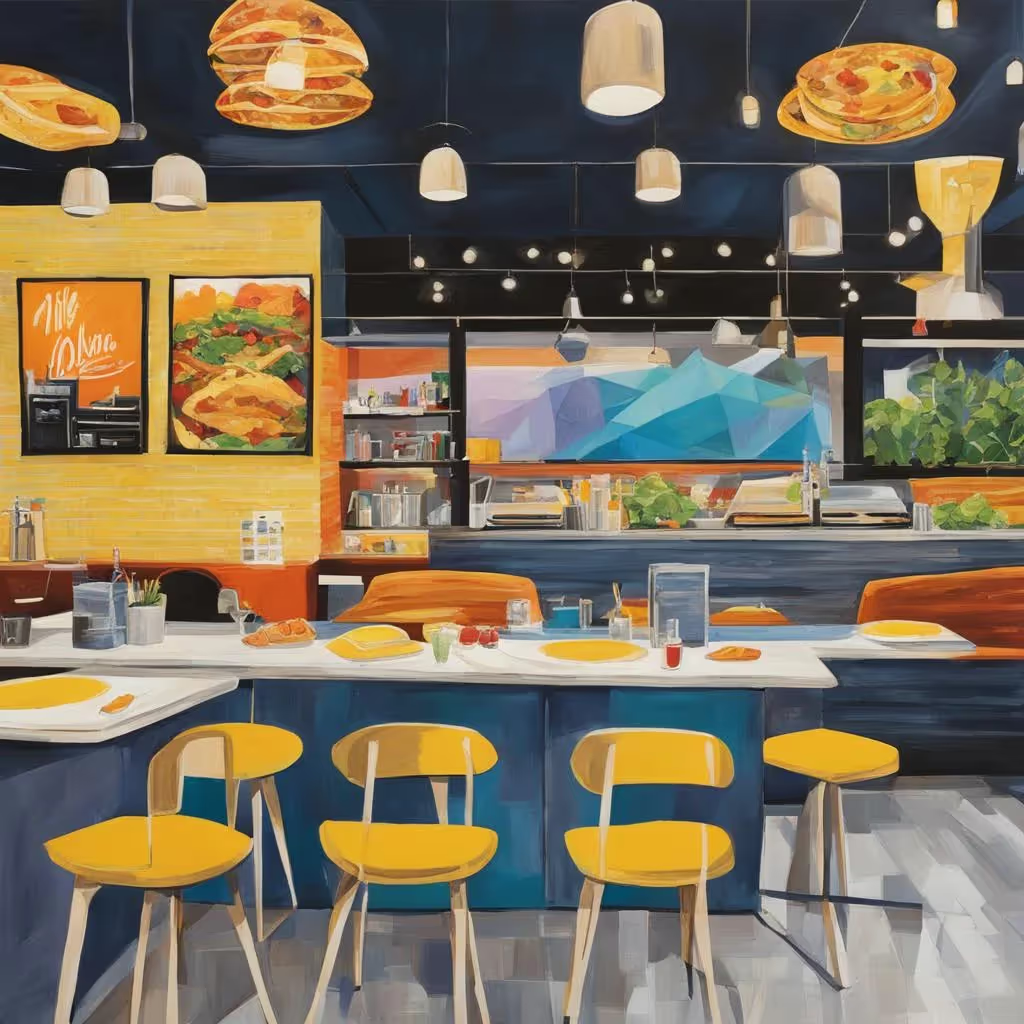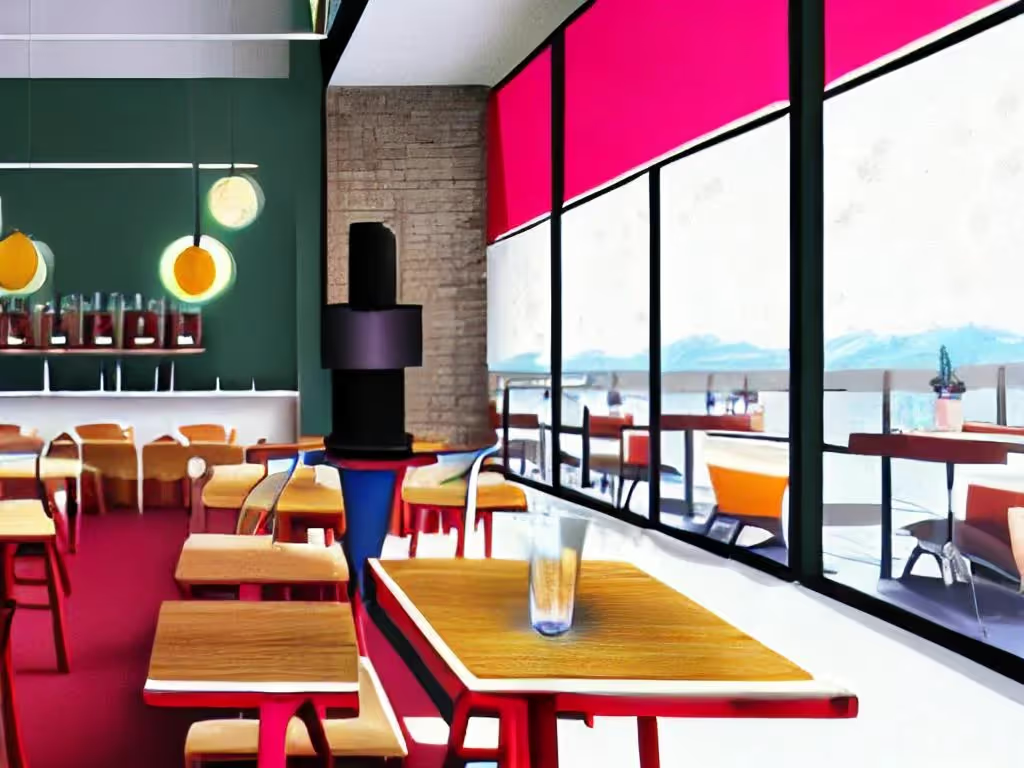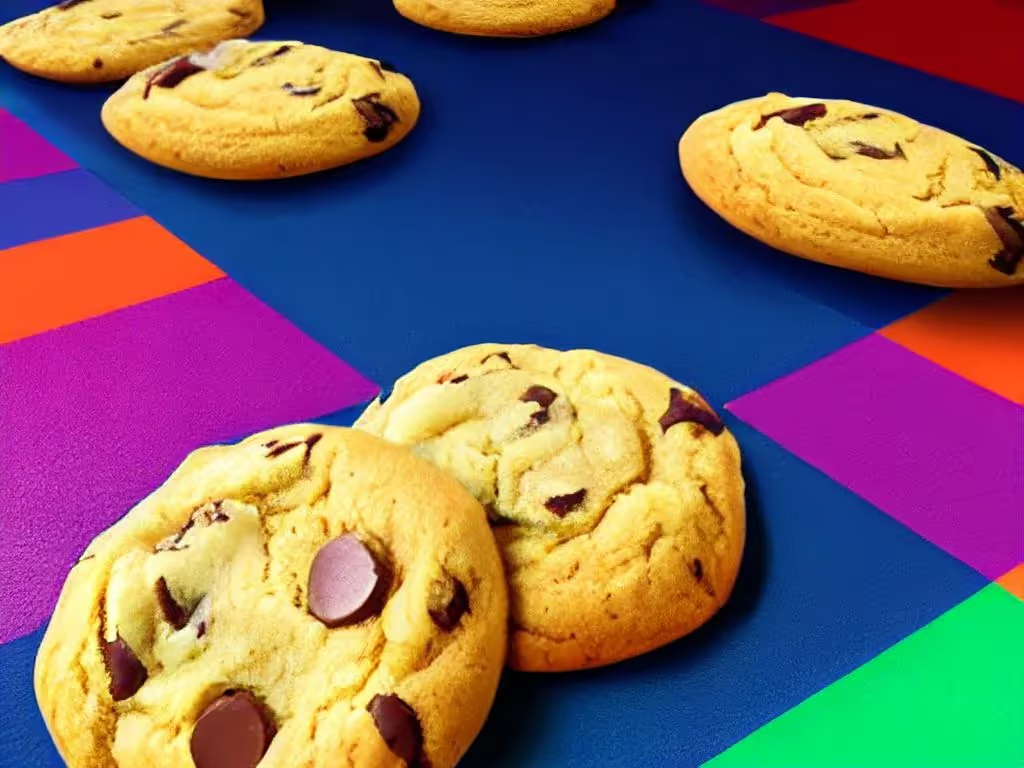Have you noticed a new sticker decal at your local coffee shop? Instead of the internationally recognized crossed-out cigarette signifying a no-smoking area, more and more coffee shops are including a crossed-out laptop signifying a no-laptop area. Working from coffee shops was always a thing, but it really took off during the pandemic as more people started working remotely. So why are some coffee shops banning laptops?
As it turns out, there are a few good reasons why coffee shops are banning laptops. For one, it can be distracting for other customers who are trying to enjoy their cup of coffee and a nice conversation. Especially if someone is on a zoom call. More importantly, many coffee shop owners believe that laptops kill conversation. When you're sitting in a coffee shop with your laptop, it's easy to tune out the world around you and get lost in your work. But when you're actually talking to someone face-to-face, you're more likely to be engaged in the conversation and more likely to buy something from the shop.
So is the laptop-free zone trend here to stay? Only time will tell. But in the meantime, it's something to consider if you're looking for a nice place to relax and get some work done.
The Rise of the Laptop-Free Coffee Shop
It all comes down to hospitality. In the past, coffee shops were a place where people could come to relax and have conversations. But with the rise of remote work during the pandemic, that's no longer the case. People are visiting coffee shops more frequently, but staying longer, and spending less.
But some coffee shops are fighting back. They're creating laptop-free zones in order to bring back the old-fashioned hospitality that's been lost over the years. And it seems to be working. The August First Bakery in Burlington, Vt., increased sales after banning laptops and tablets. And Mojgan Mohajer, 51, decided to ban laptops at her coffee shop after customers struggled to get a table.
The Economics of a Laptop-Free Coffee Shop
It's a common belief that a coffee shop full of people typically attracts more customers. So why are coffee shops banning them? Well, it turns out that when people are using their laptops, they typically aren't spending money. A growing number of coffee shop owners say they are failing to turn a profit because remote workers spend too much time on laptops. In some places, customers just get cold looks, but in a growing number of small coffee shops, firm restrictions on laptop use have been put in place.
While laptop bans can result in awkward conversations between customers and baristas, the financial benefits are too significant to ignore. So if you're looking for a quiet place to work on your laptop, you want to make sure that your local coffee shop is cool with it.
The Concept of the Third Place at Coffee Shops
It used to be that coffee shops were a place where people would go to relax, have a conversation, and enjoy a cup of coffee. But in recent years, that's changed. Laptops have become ubiquitous in coffee shops, and for many people, they've replaced the traditional office or study space.
This has led to a lot of tension in coffee shops. People who want to chat or relax are getting drowned out by the sound of keyboards and people talking on the phone. It's created an environment that's not particularly welcoming or conducive to conversation. That's why more and more coffee shops are trying to create an environment that's more inviting and conducive to conversation. Hence the laptop ban.
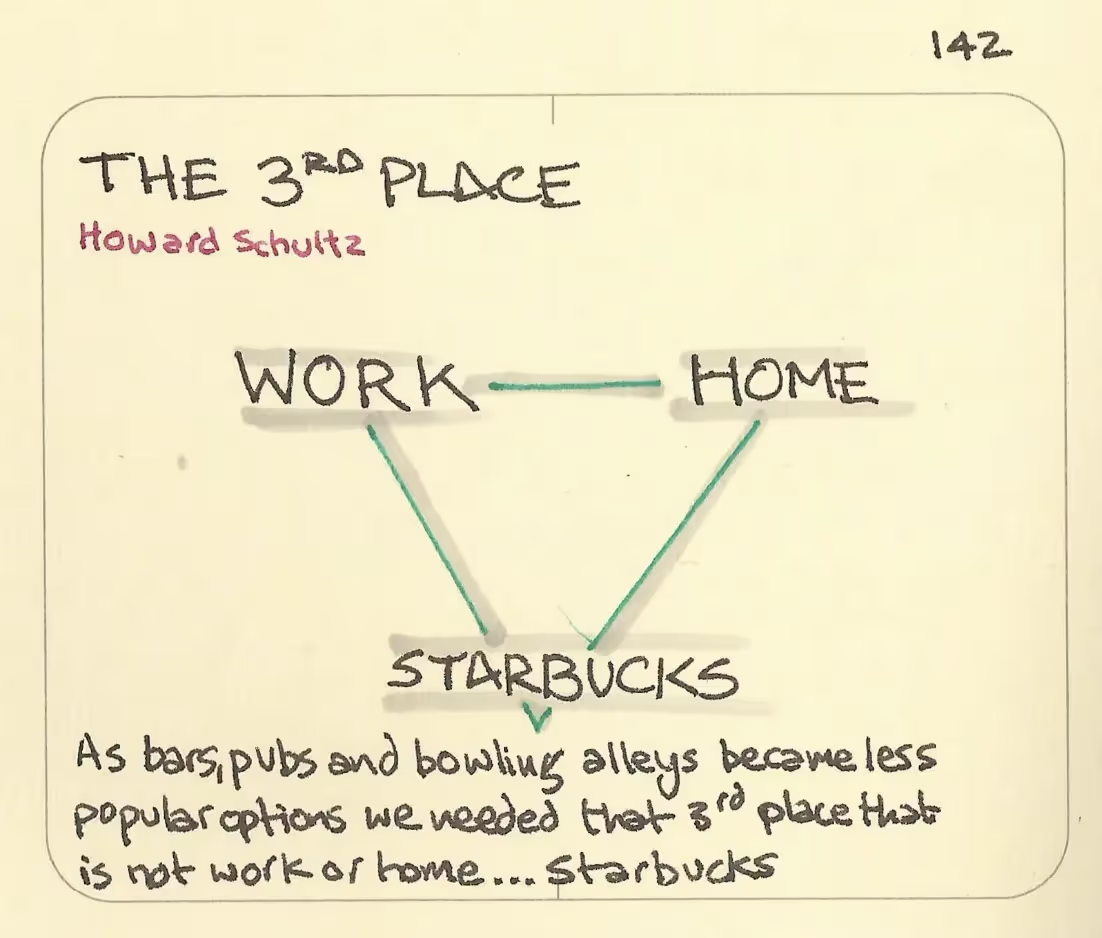
Will There Be a Backlash If You Ban Laptops at Your Coffee Shop?
There are all sorts of potential backlashes for this trend, but the main one is that it's causing a lot of friction between baristas and customers. Even though the point of the ban is to enable a more inviting atmosphere, it's not exactly great hospitality to chide a customer from using their laptop at your shop. For the most part, people are okay with not being able to work on their laptops in coffee shops. They understand that it's a distraction for other customers and can often be noisy. But there are some people who feel like they're being punished for wanting to get some work done.
And then there are the coffee shops that have redesigned themselves to discourage laptop use. These shops have features like no plugs, limited seating, or low tables, which make it difficult to work on a laptop. But even with these changes, there's still a lot of backlash from customers who feel like they're being punished for wanting to get some work done.
What Is the Future of Laptop-Free Coffee Shops?
As it turns out, coffee shops are finding that banning laptops actually helps business. Sarah Allen reports in an article for CNBC that the August First Bakery in Burlington, Vermont, found this to be true. After banning laptops and tablets, the coffee shop saw a spike in business. So what's the future of laptop-free coffee shops? Only time will tell. But for now, it seems like this trend is only going to continue to grow.
TLDR
With the increase of laptop-free zones in coffee shops, more and more people are debating the pros and cons of this new trend. On one hand, some people argue that banning laptops creates a more productive and intimate environment, while others claim that it's discrimination against freelancers and remote workers.
What's your opinion on laptop-free zones? Do you think they're a helpful way to create a more productive environment, or do you think they unfairly target certain groups of people?
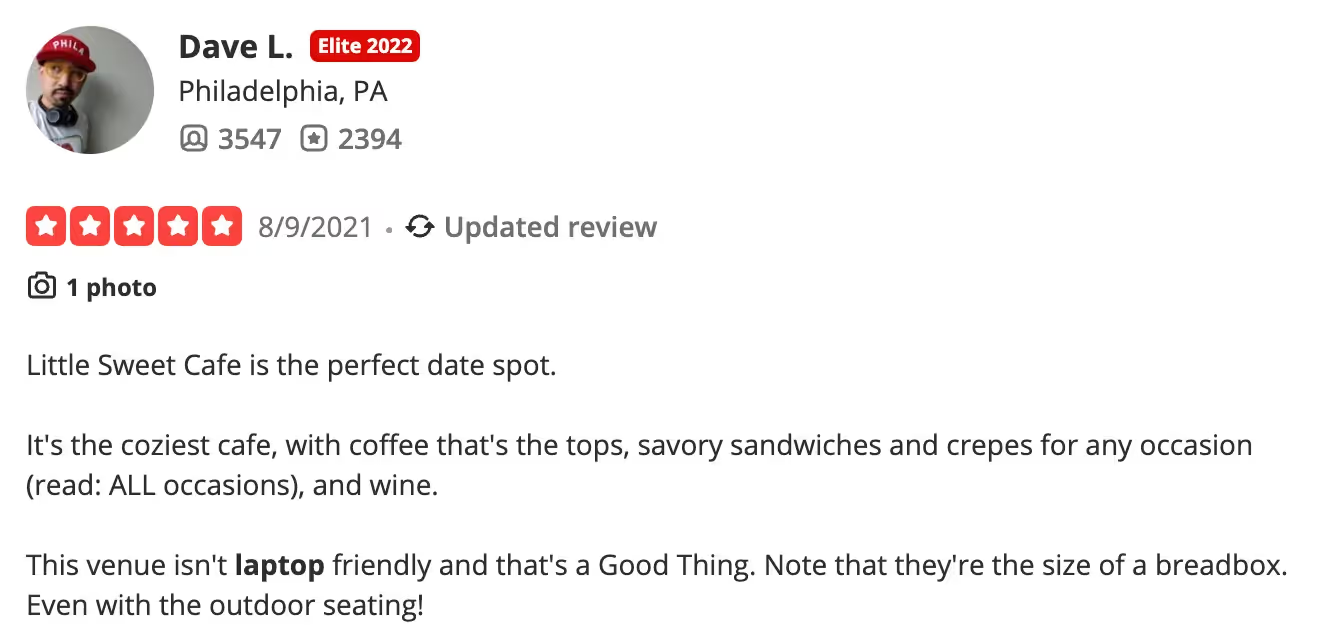


.webp)


.webp)
.png)
.webp)


.avif)
.webp)
.webp)
.webp)

.webp)










.png)
.png)







.svg)





.svg)
.svg)
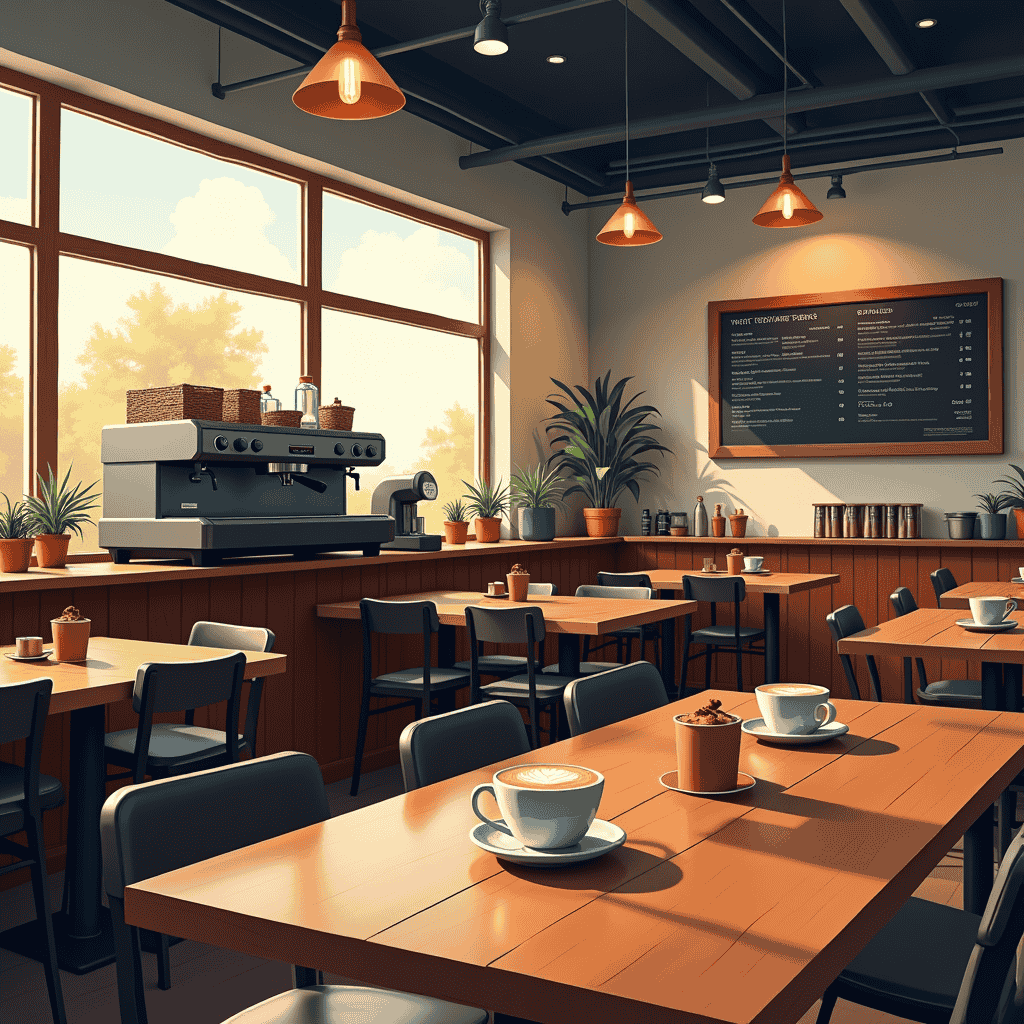

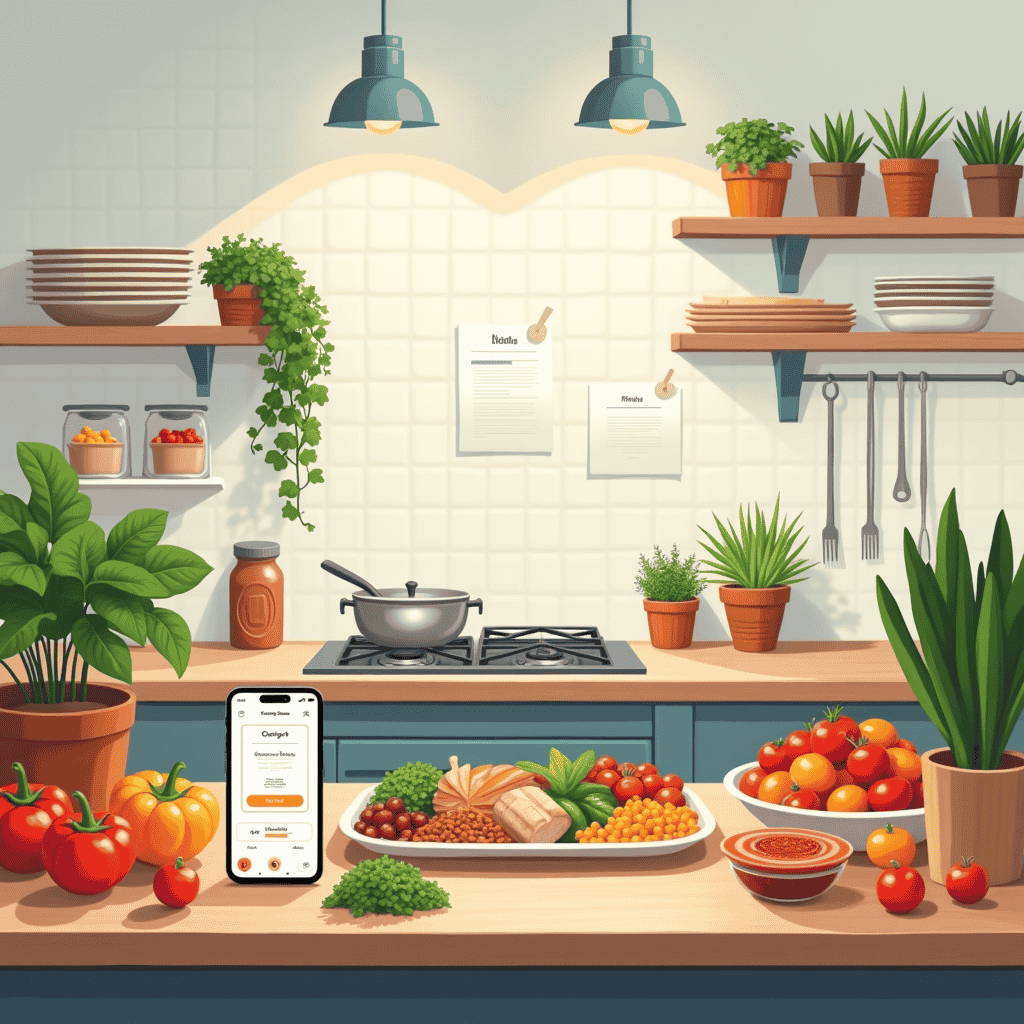
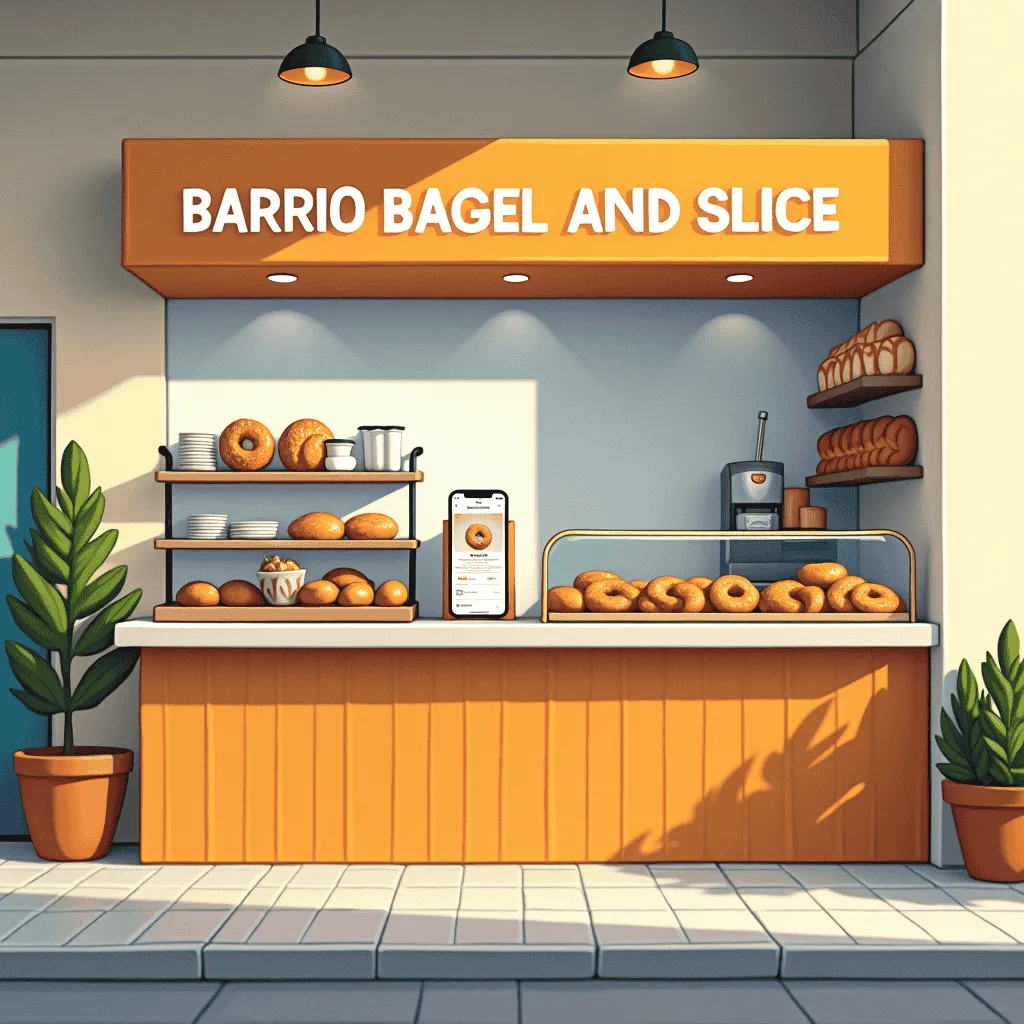

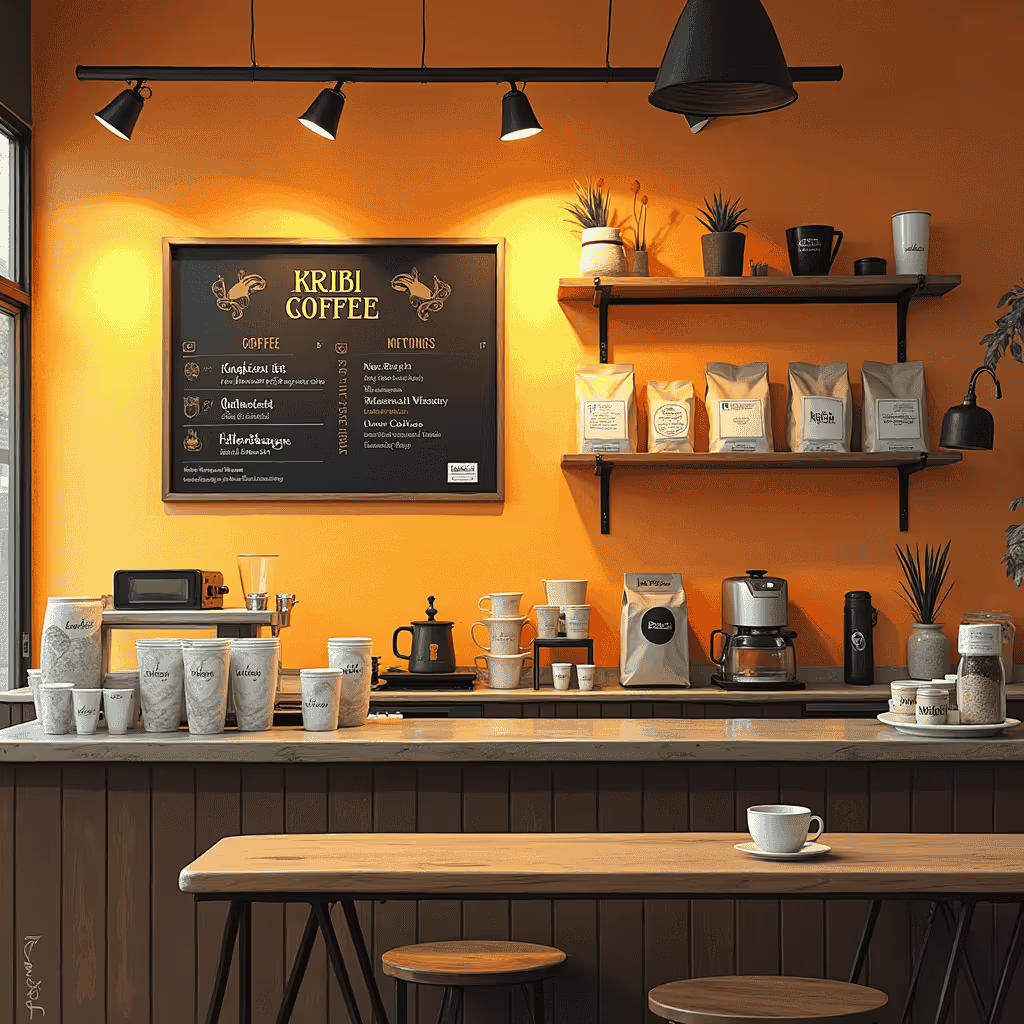
.avif)
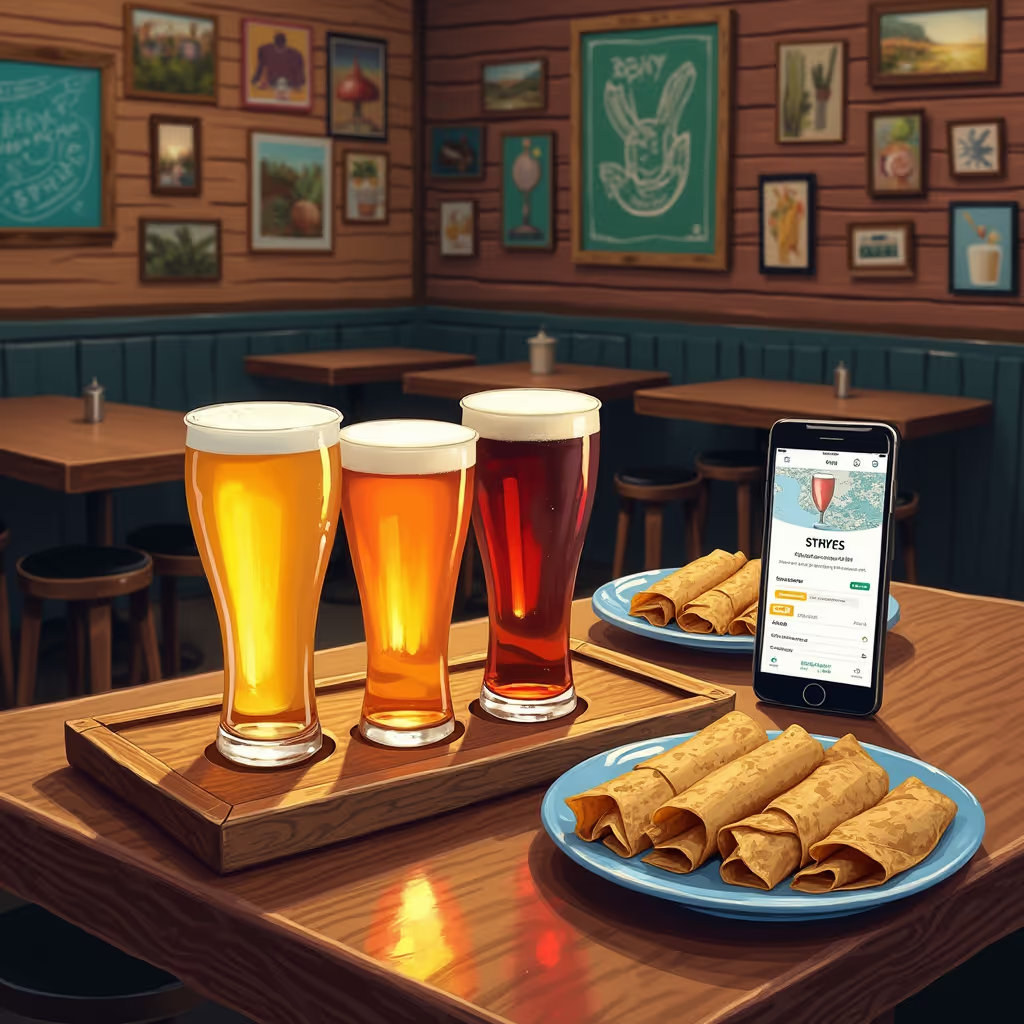
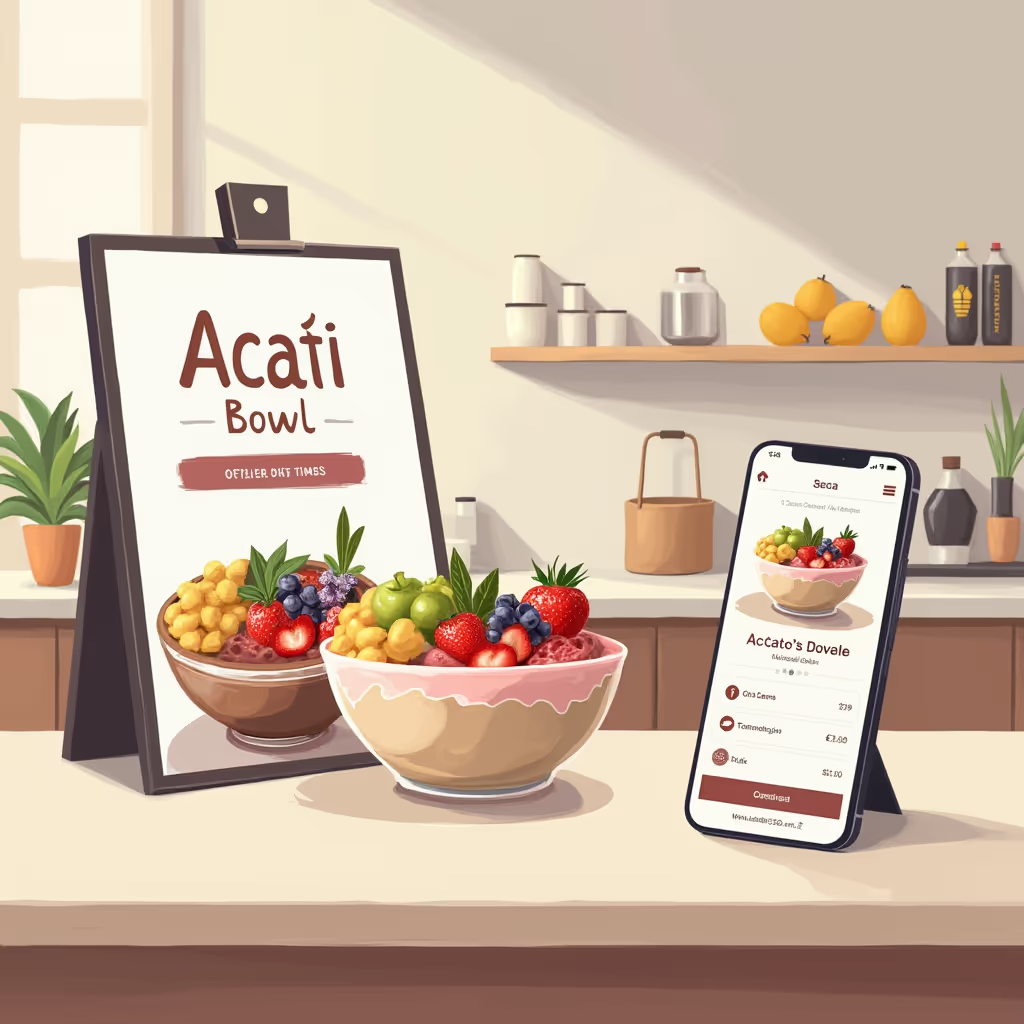
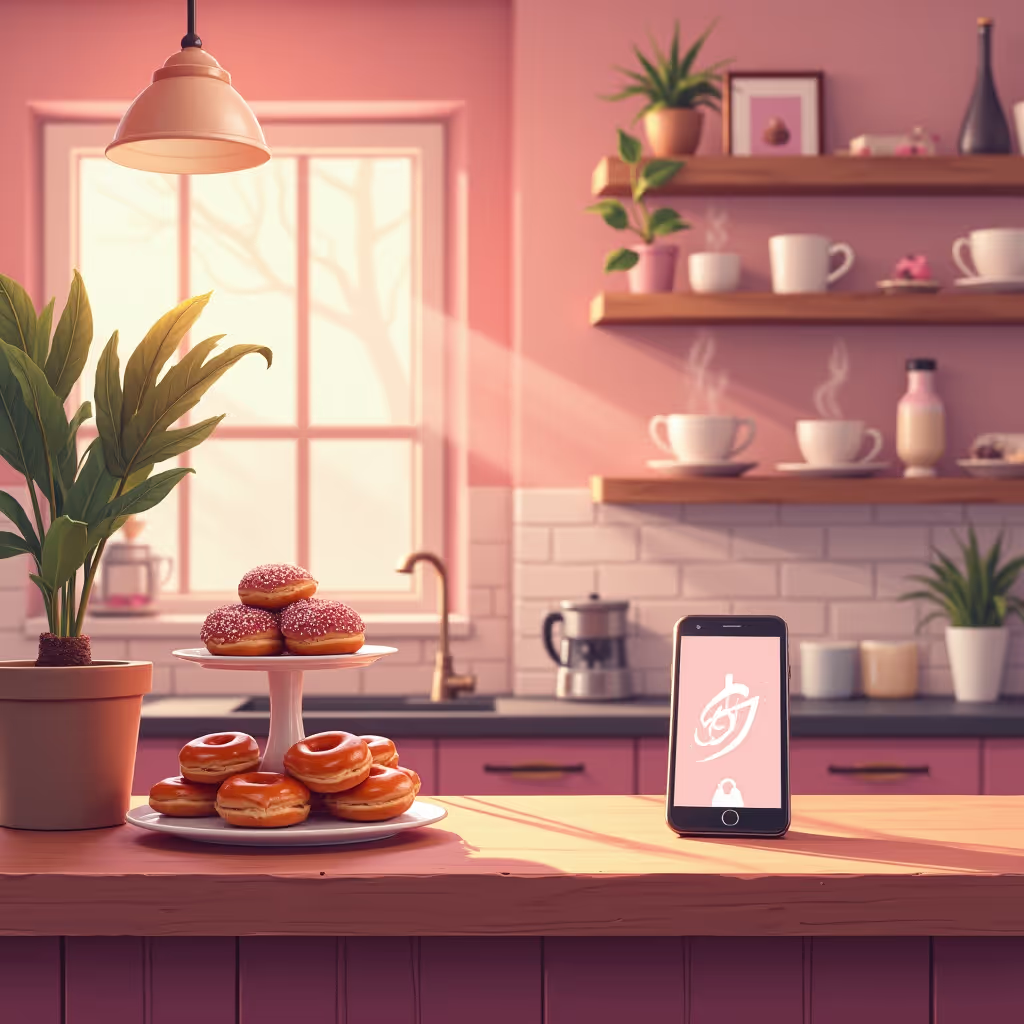
.avif)
.avif)
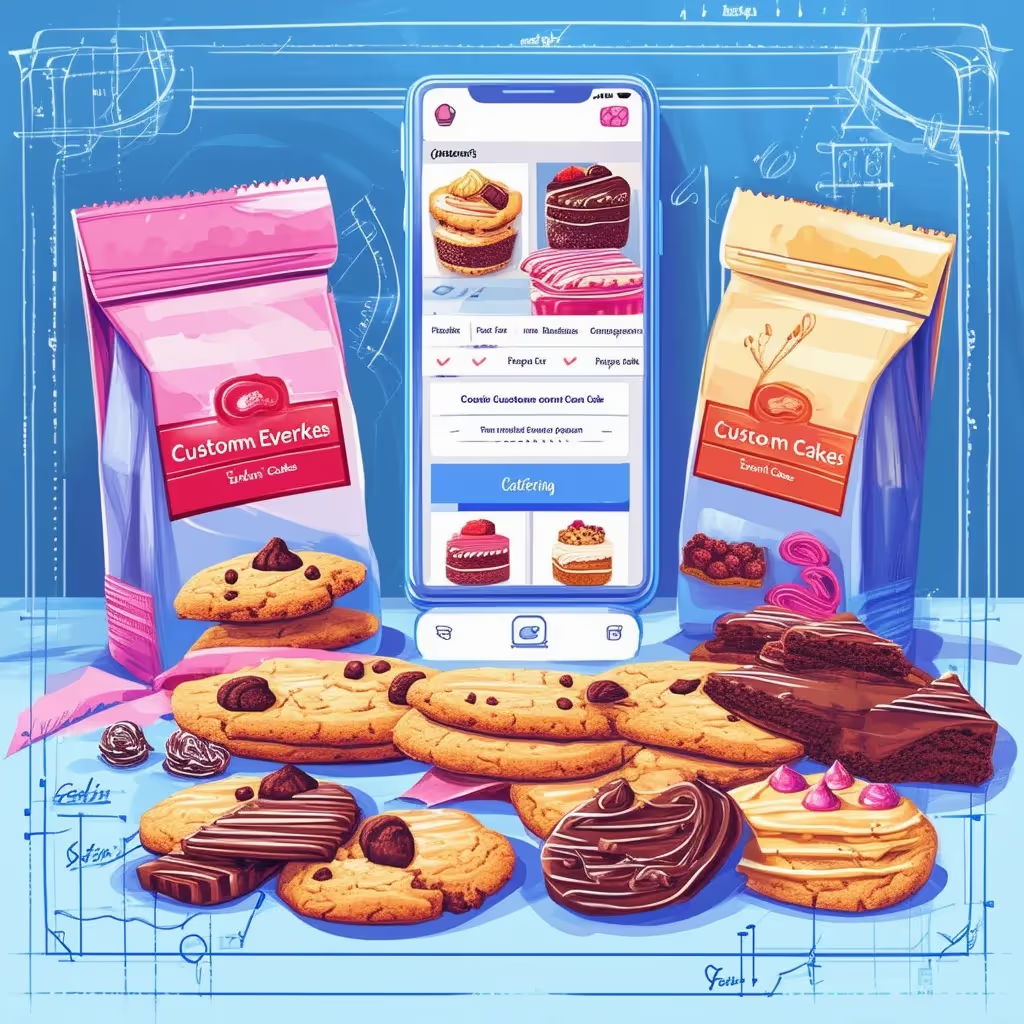
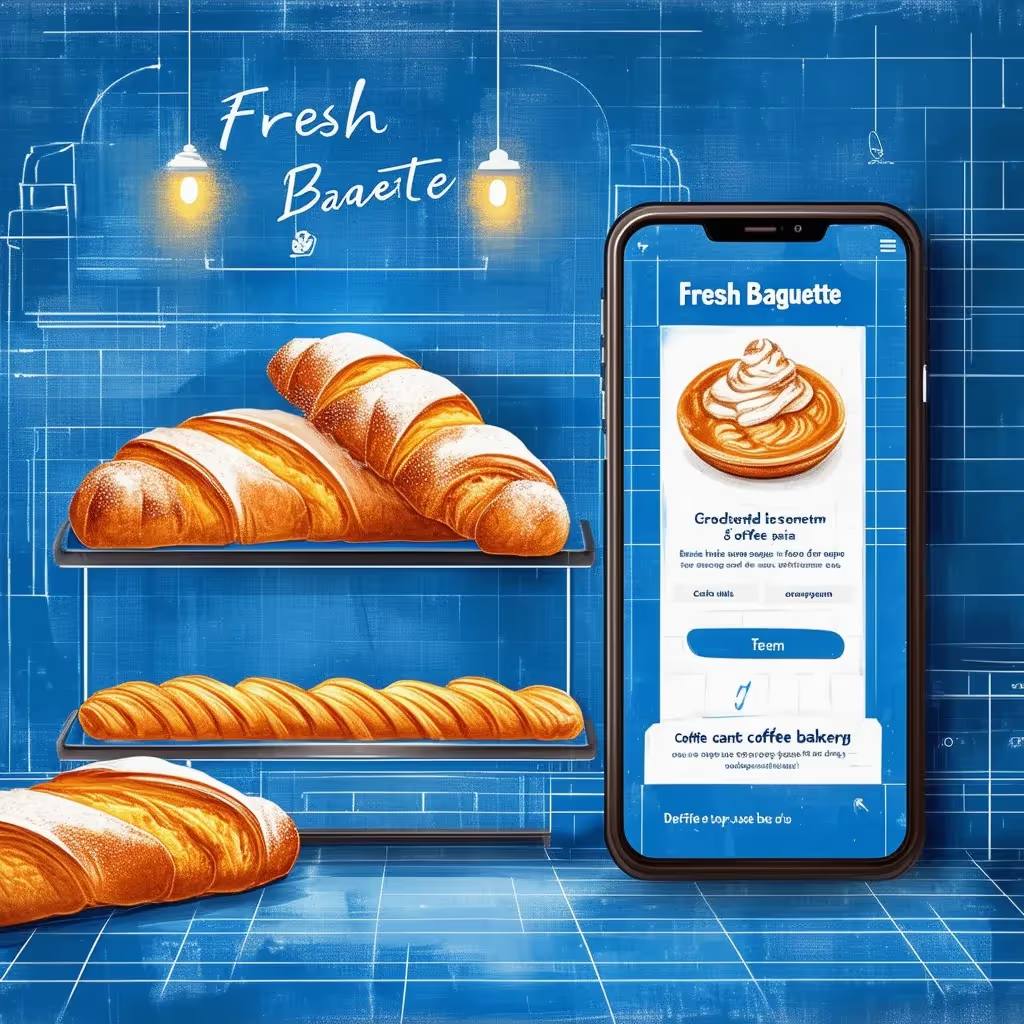
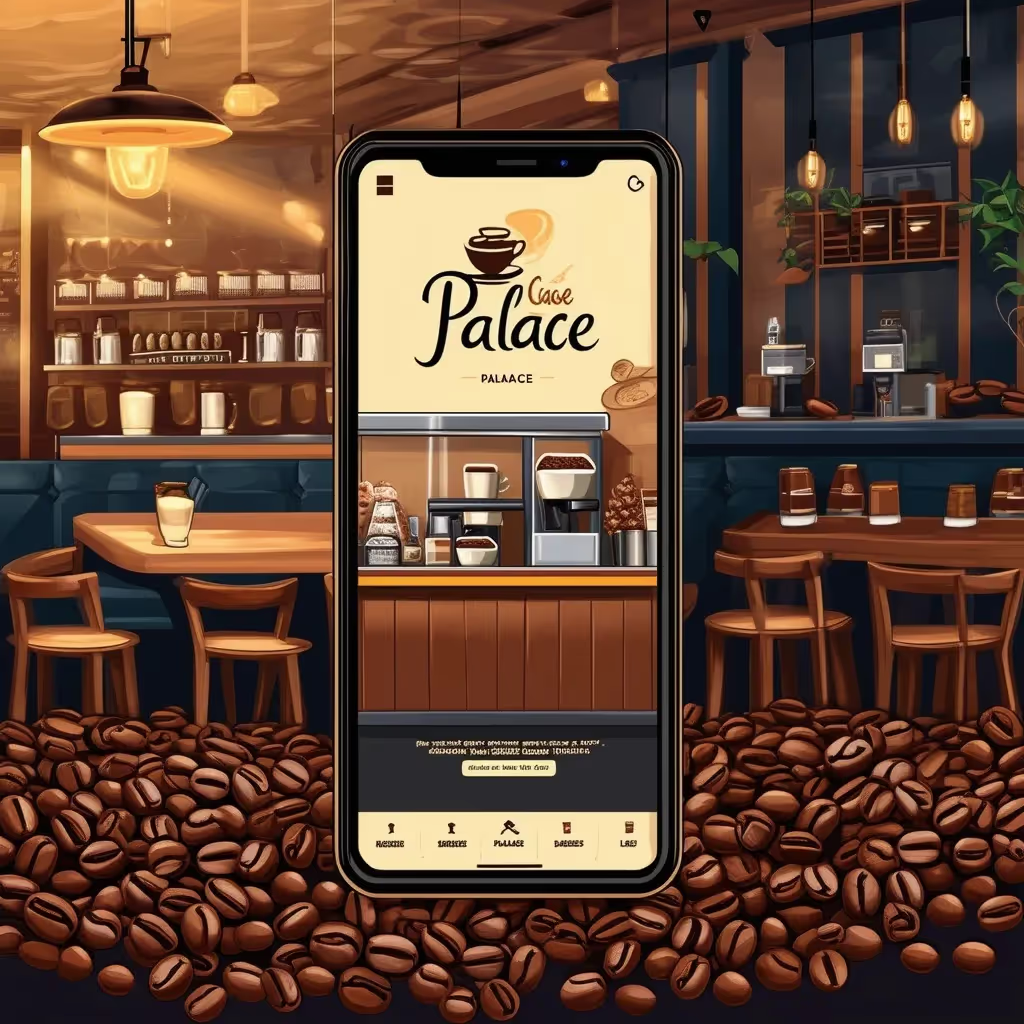
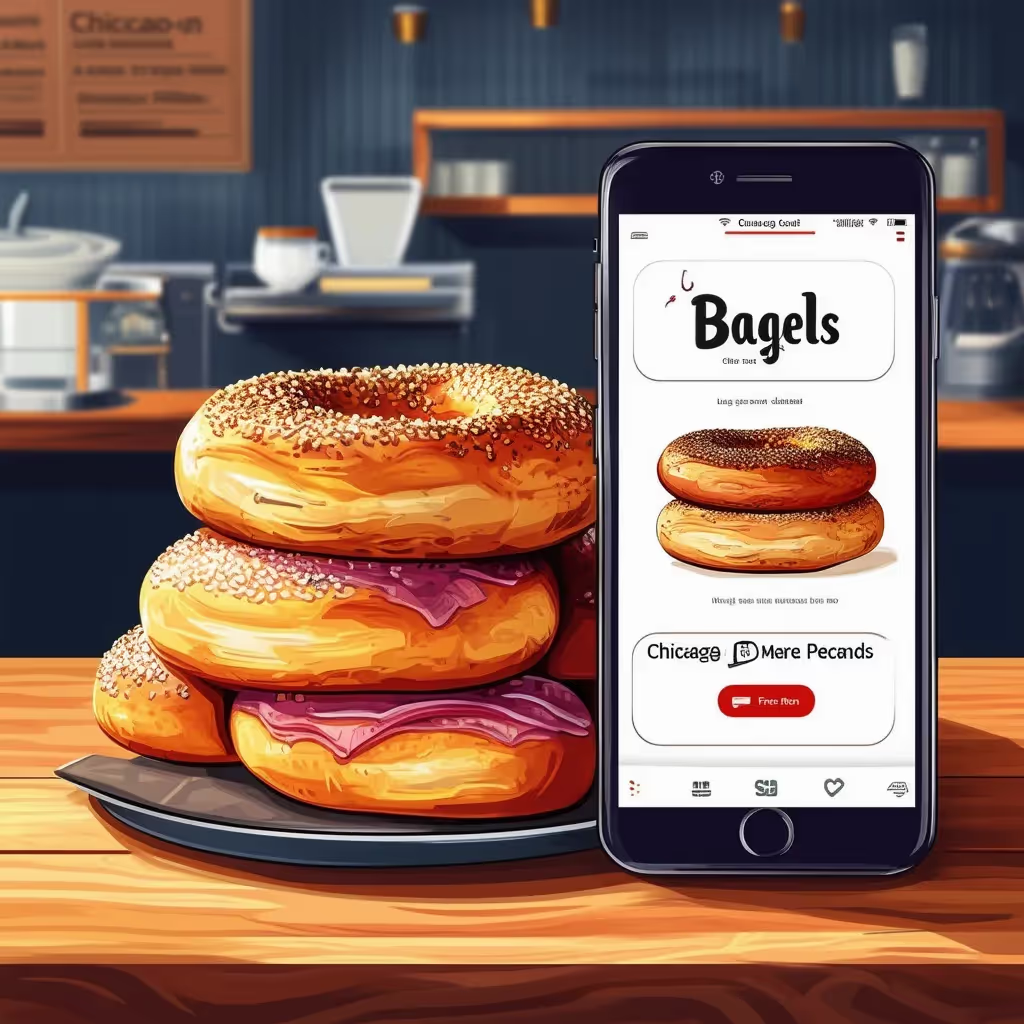
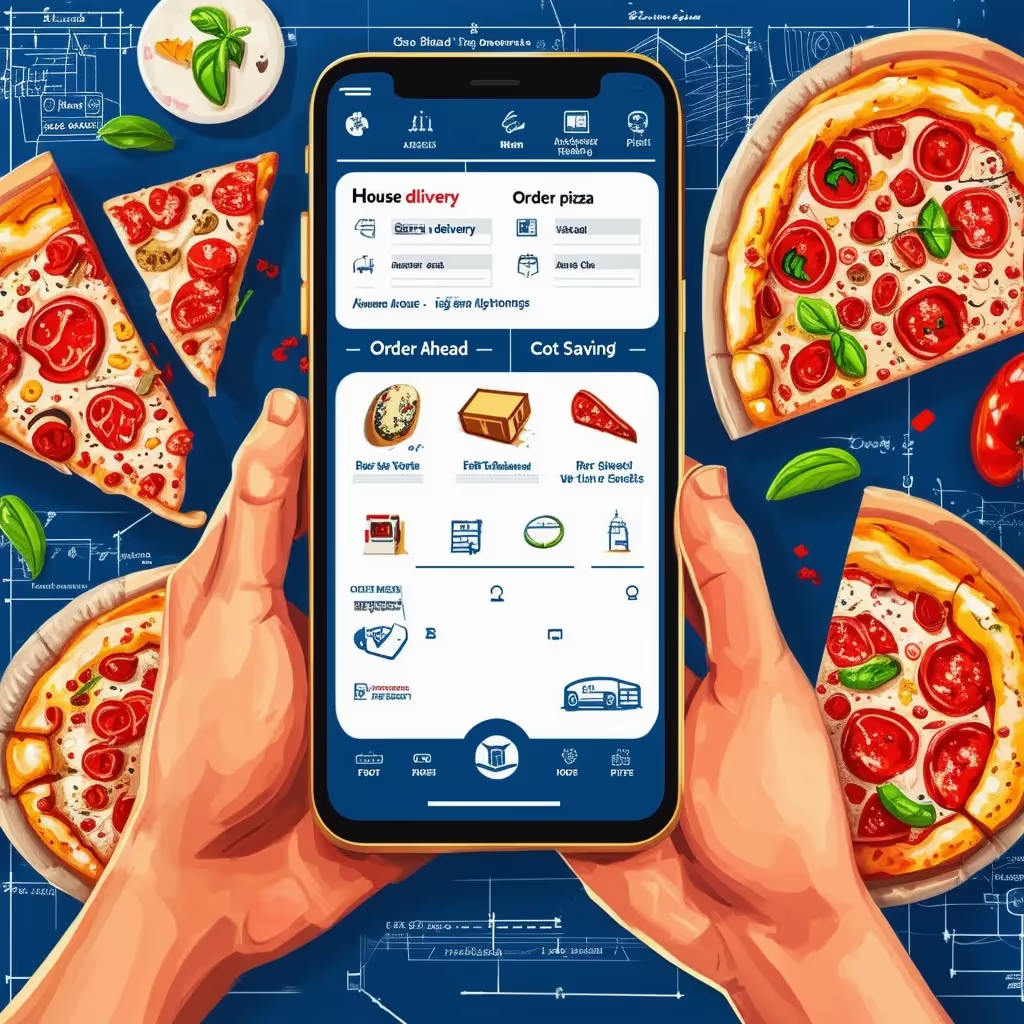

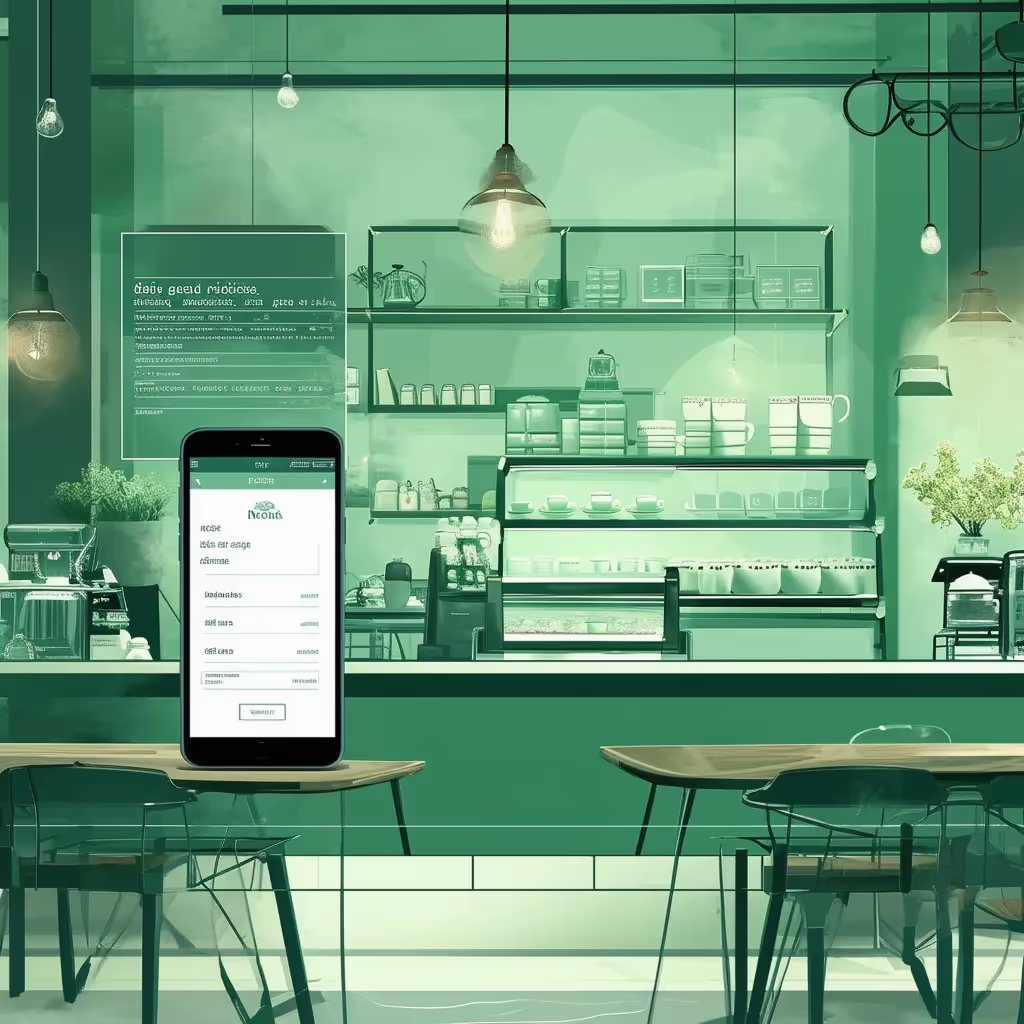

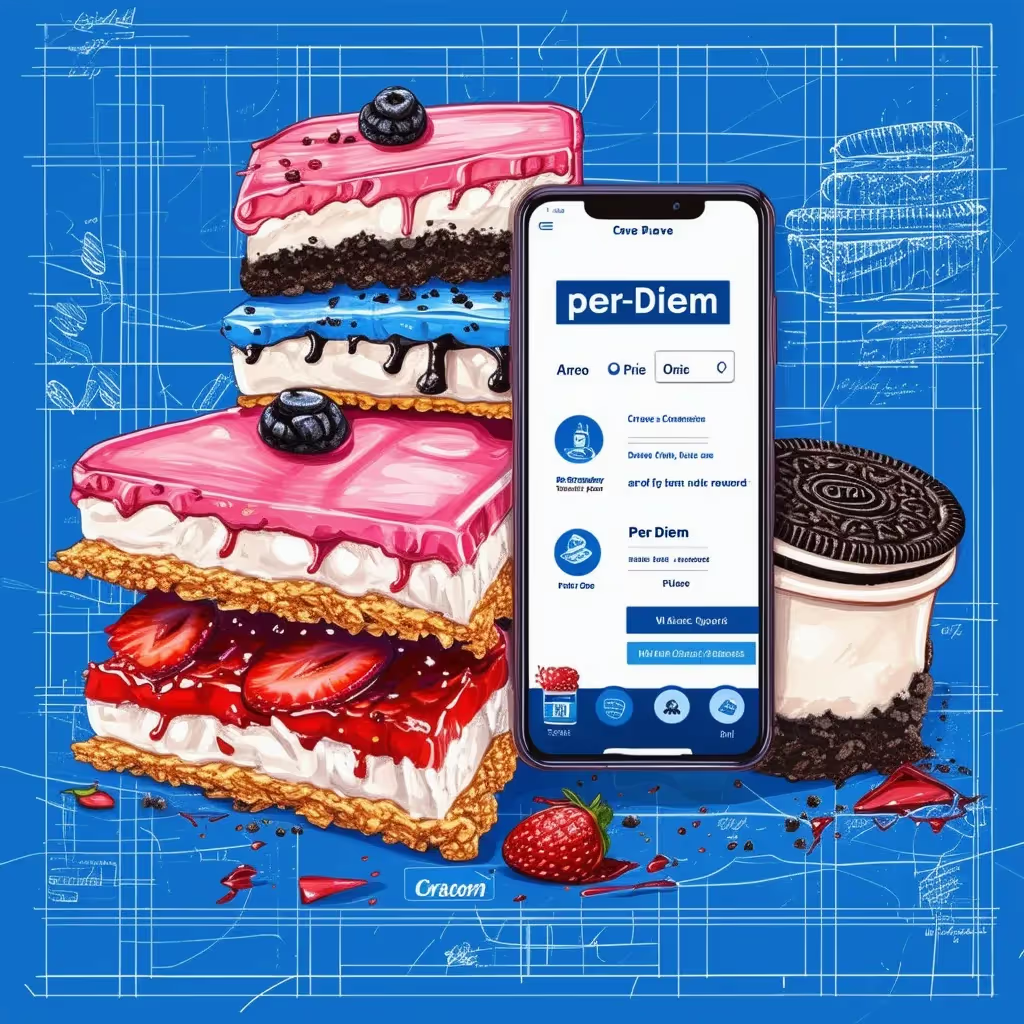
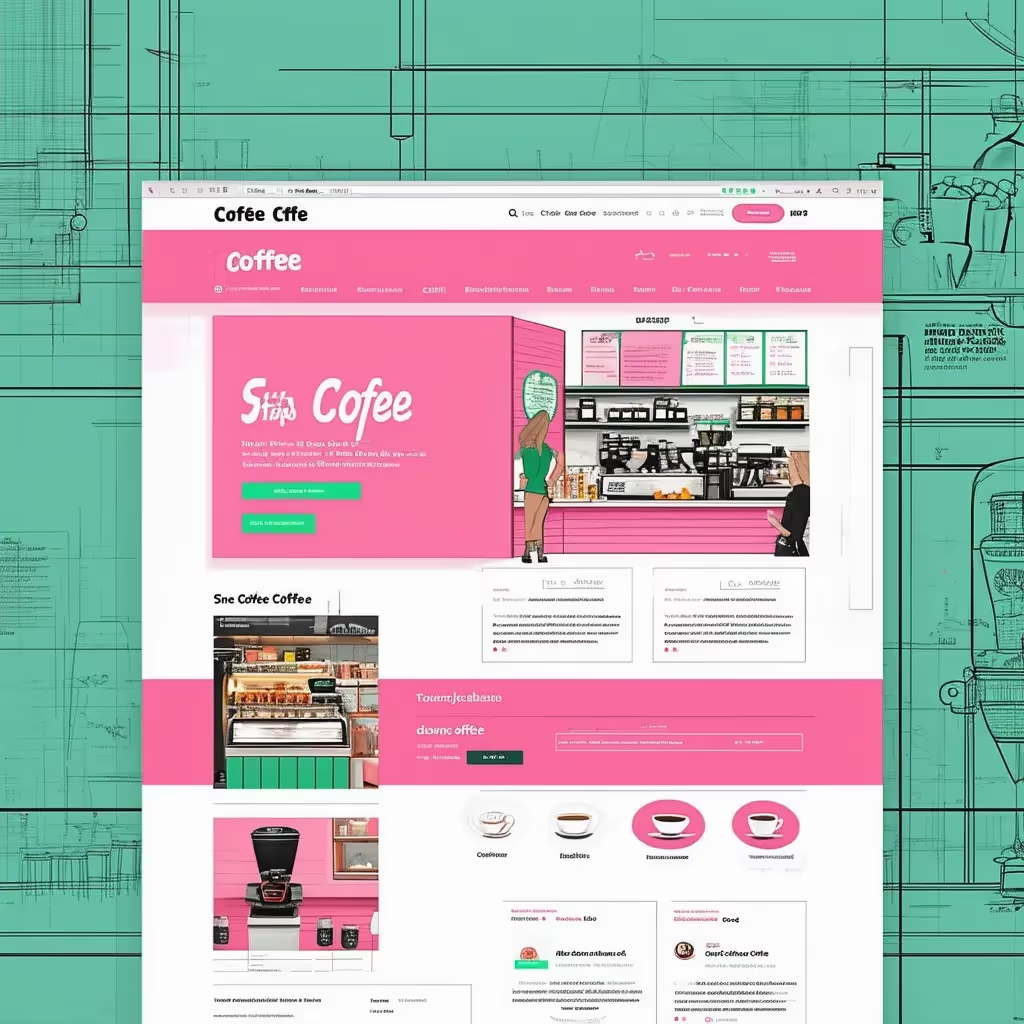
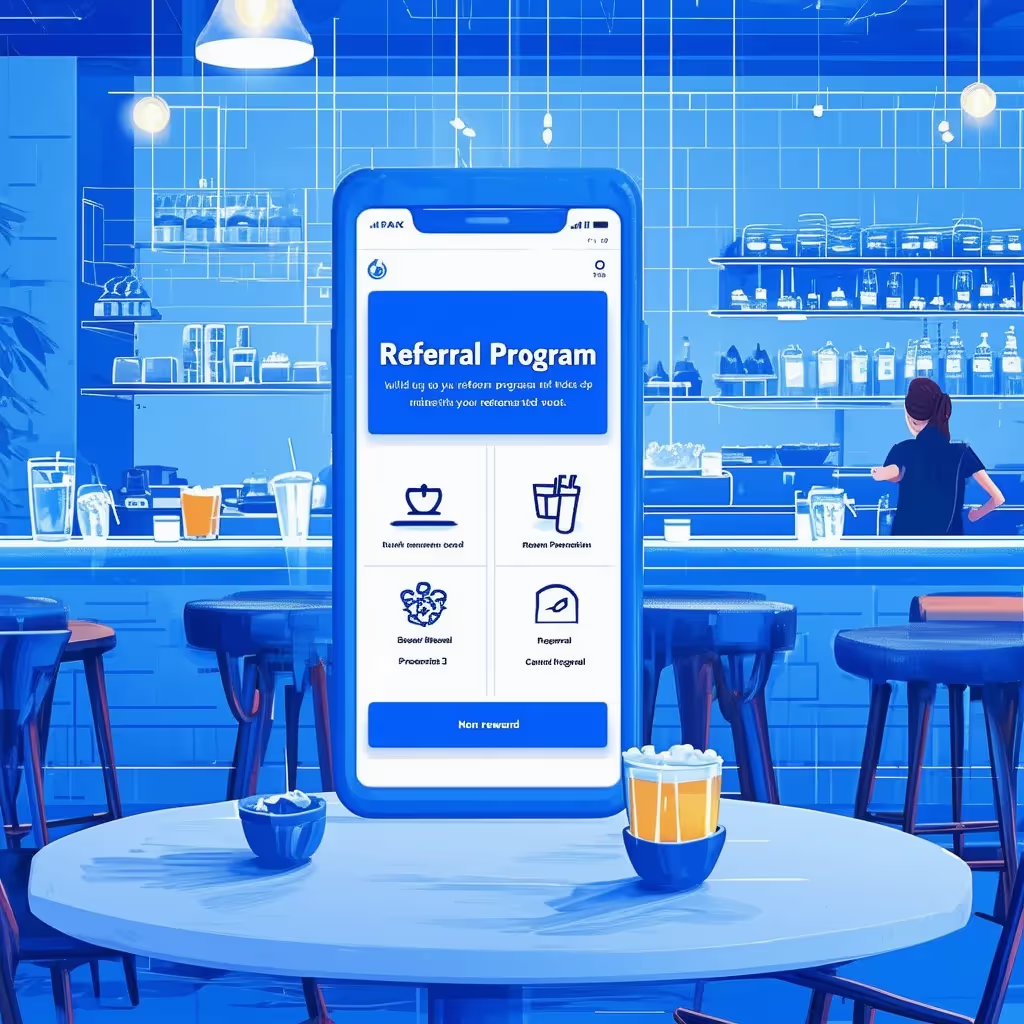



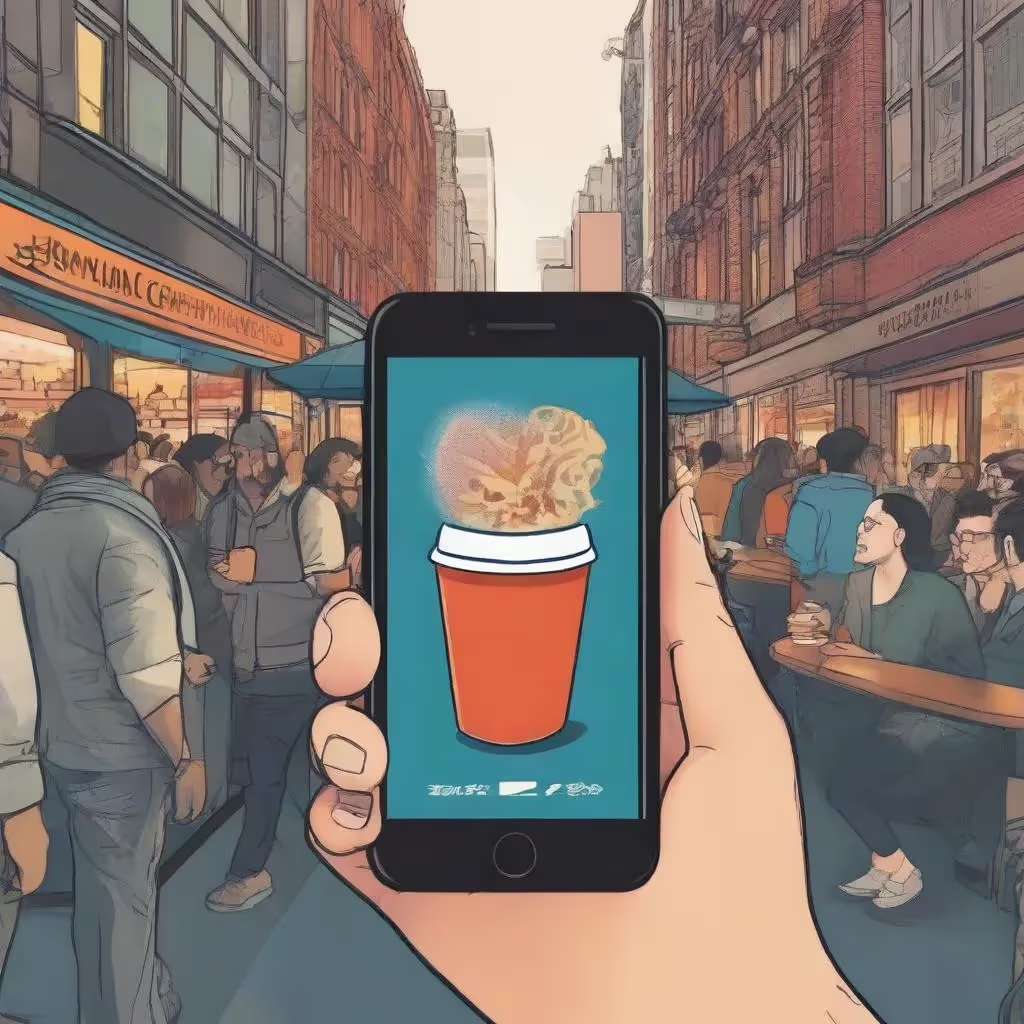

.avif)




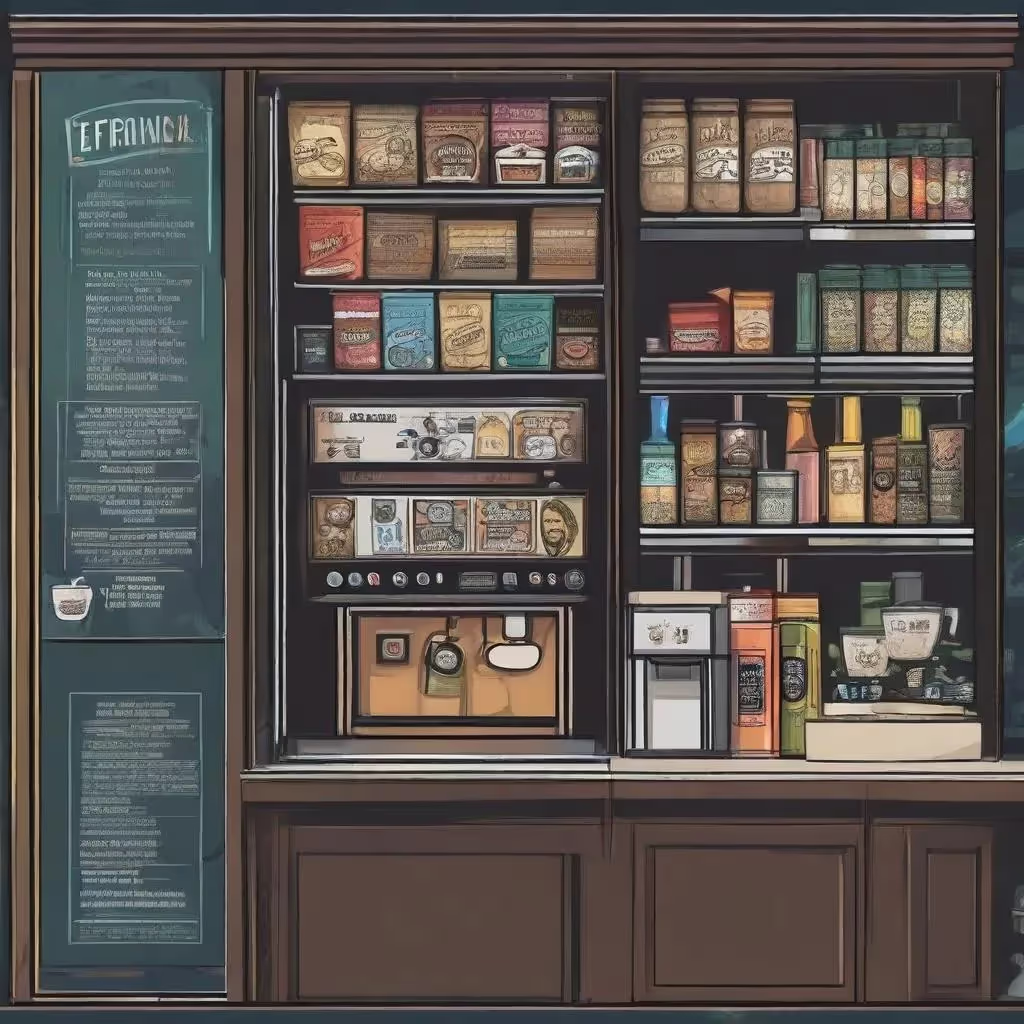
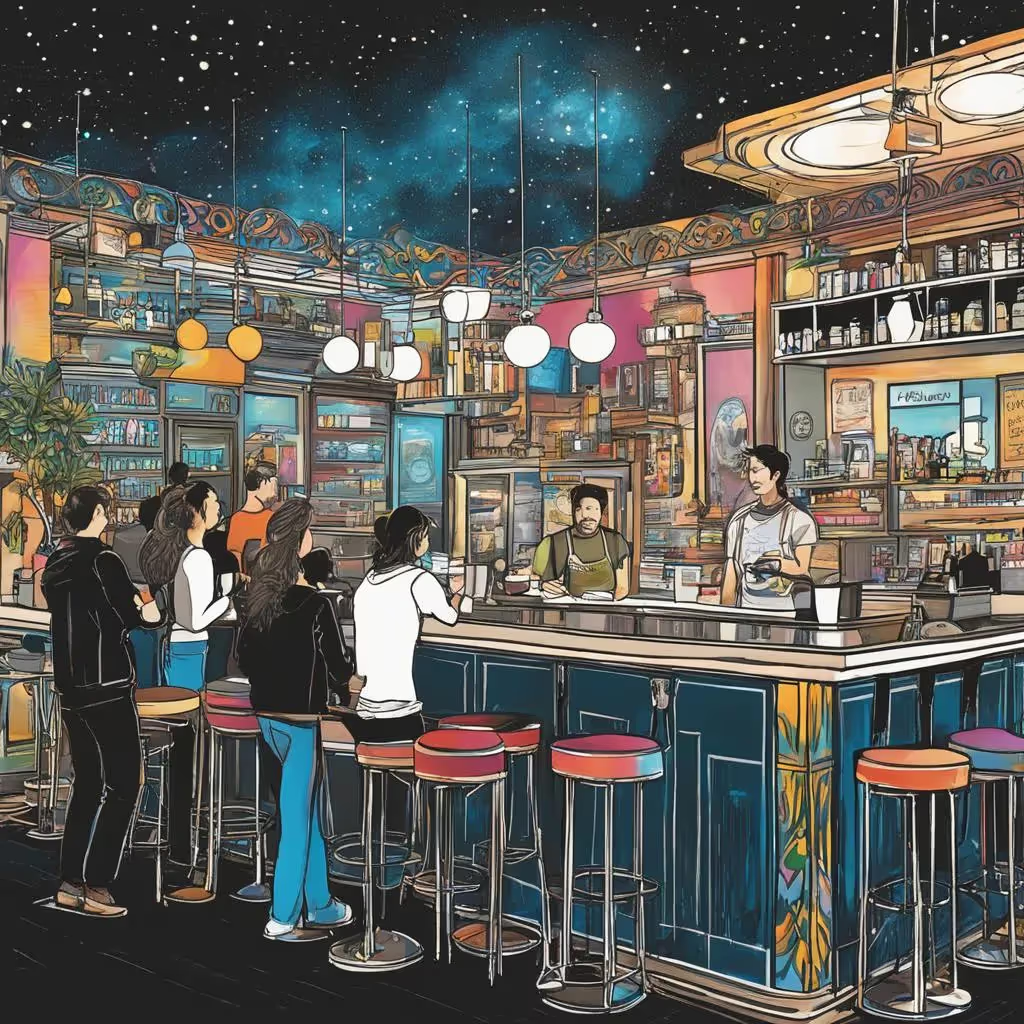
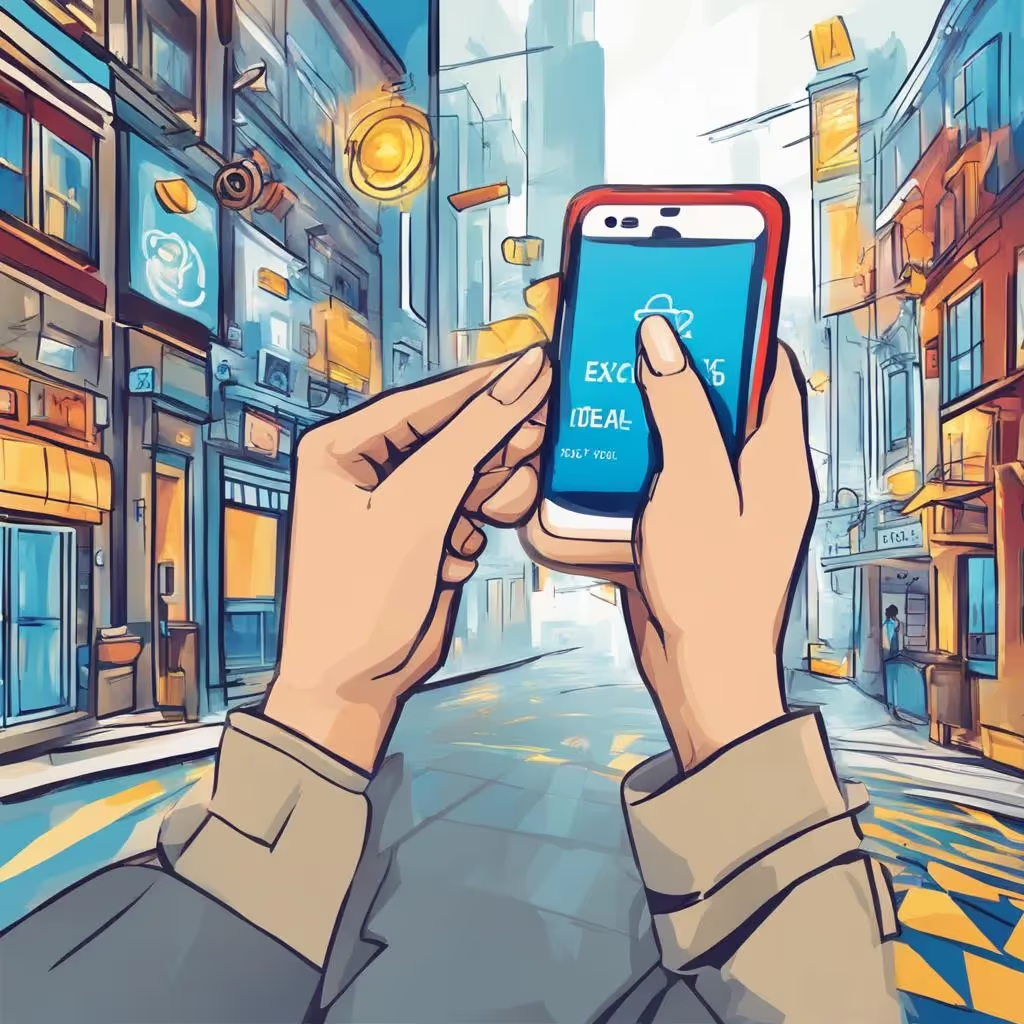

.avif)

